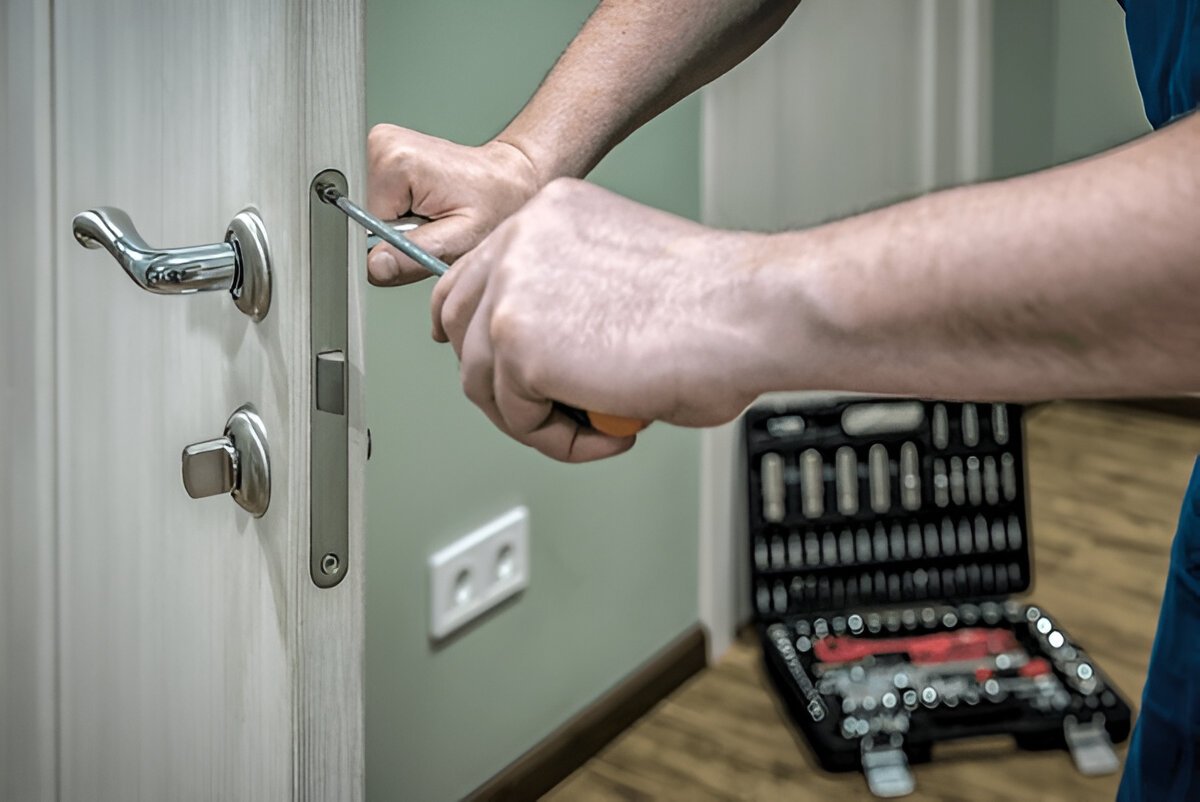Relocating to a new country is a major life event, and when moving to Germany from the UK, there are numerous logistics, regulations, and decisions to consider, especially when it comes to moving your household goods. Packing and transporting your belongings safely is a significant challenge, but it can be even more complicated when you’re moving internationally. Whether it’s fragile items, bulky furniture, or valuable possessions, the process requires careful planning and attention to detail. Unfortunately, many people make common mistakes during the moving process that can lead to added stress, unexpected costs, and delays. Understanding these common mistakes and how to avoid them can make your move to Germany much smoother.
1. Failing to Plan and Organize Early
One of the most common mistakes people make when moving household goods is leaving everything to the last minute. Moving to Germany from the UK, especially with the logistics of international shipping, requires months of planning. From sorting through your belongings to scheduling transportation and completing necessary paperwork, it’s crucial to start as early as possible.
How to avoid it: Start planning at least 2–3 months in advance. Begin by making a checklist of tasks to complete, such as booking movers, obtaining moving supplies, and arranging for shipping. Having a timeline will help you stay on track and reduce the stress of trying to handle everything at once.
2. Not Downsizing Enough
Moving internationally can be expensive, and shipping large household goods across borders is often costly. Many people make the mistake of packing everything, including items they don’t need or haven’t used in years, just because they can. This unnecessary weight can drive up shipping costs, slow down the moving process, and increase the chances of things being damaged.
How to avoid it: Take the opportunity to downsize your belongings before the move. Sort through each room, and decide which items are worth taking with you to Germany. Consider donating, selling, or discarding items that are unnecessary, too costly to ship, or easy to replace. This will not only save on moving expenses but will also make the unpacking process much easier.
3. Inadequate Packing
Packing your household items is one of the most time-consuming and crucial aspects of the moving process. Many people underestimate the importance of using proper packing materials or pack things carelessly, which can lead to damage, breakage, or complications during transport. Items such as electronics, fragile kitchenware, and furniture require special care.
How to avoid it: Invest in good-quality packing materials like bubble wrap, packing peanuts, and sturdy boxes. Use wardrobe boxes for clothing and special boxes for delicate items such as dishes, glasses, and artwork. Additionally, consider hiring professional packers who have experience with international moves to ensure your items are packed securely. Professional packers know the right techniques to protect your items during the long journey.
4. Not Researching Customs Regulations
When moving household goods internationally, especially from the UK to Germany, you must be aware of customs regulations. Different countries have specific rules regarding what you can and can’t bring into the country. Failing to understand these regulations can result in delays, fines, or even confiscation of certain items.
How to avoid it: Before you start packing, research Germany’s customs policies regarding household goods. Some items, like certain foods, plants, and alcoholic beverages, may be prohibited or require special clearance. Be sure to have all the necessary documentation, such as an inventory list of items being shipped and proof of residence in Germany, to ensure a smooth customs process.
5. Overlooking Insurance Coverage
Accidents can happen during any move, and international moves are no exception. People often make the mistake of neglecting to purchase adequate insurance for their belongings. While professional movers typically offer basic coverage, it may not fully protect your goods in the event of loss or damage.
How to avoid it: Check with your moving company about the insurance options they provide. Consider purchasing additional coverage if necessary to ensure your household items are fully protected during the move. This is especially important for high-value or fragile items, such as electronics, antiques, or collectibles.
6. Underestimating the Time and Effort Required
Moving to Germany from the UK might seem like a straightforward task, but it can quickly become overwhelming if you underestimate the time and effort involved. Many people believe that once the moving company takes care of transporting their items, the job is done. However, there’s much more to it, including customs clearance, unpacking, and setting up your new home.
How to avoid it: Realistically assess how much time you’ll need to handle every step of the move, from packing to settling into your new home. Don’t forget that unpacking and organizing your new living space in Germany will take time as well. Break down tasks into smaller, manageable steps and give yourself plenty of time to complete each one.
7. Ignoring the Importance of Labeling Boxes
One of the most frustrating mistakes people make when moving household goods is failing to label their boxes properly. Labeling helps movers and you know exactly what’s inside each box, and it can make unpacking much easier once you arrive at your new home.
How to avoid it: Clearly label each box with its contents and the room it belongs to. For example, a box labeled “Kitchen – Fragile” will ensure that kitchen items are handled carefully. Consider numbering the boxes and creating an inventory list so you can easily track your items during transit. The more detailed the labeling, the better prepared you will be once you start unpacking in Germany.
8. Choosing the Wrong Moving Company
Not all moving companies are equipped to handle international moves, and choosing the wrong one can result in poor service, delays, or damage to your goods. Many people make the mistake of opting for the cheapest option without considering the company’s experience, reputation, or customer reviews.
How to avoid it: Research several moving companies and choose one with experience in international moves. Look for reviews from customers who have moved to Germany or similar destinations. Ask for quotes, compare prices, and make sure you understand what services are included. It’s worth investing in a reputable company that will ensure your goods are moved safely and efficiently.
9. Not Keeping Essentials Accessible
During the move, it’s easy to focus on packing everything else and forget about the essentials you’ll need immediately upon arrival in Germany. This could include important documents, toiletries, a few changes of clothes, and any other personal items.
How to avoid it: Pack a separate essentials bag that you’ll carry with you on the day of the move. This bag should contain all the things you’ll need to survive for a few days without access to your full shipment of household goods. This will prevent unnecessary stress when you first arrive in Germany.
Conclusion
Moving household goods from the UK to Germany can be a complex and stressful process, but by avoiding common mistakes, you can ensure that your move goes smoothly. Plan and organize early, downsize your belongings, pack carefully, understand customs regulations, and choose the right moving company to handle your move. By doing so, you’ll minimize complications and be well on your way to starting your new life in Germany.


